Cyberpunk Dreams: Blending Technology and Society in Futuristic Narratives
I'm Digital Marketing Legend "Srinidhi Ranganathan". They call me the king of digital marketing. As a researcher of futuristic technologies, I'm fascinated by the cyberpunk genre and how it imagines the integration of technology into everyday life.
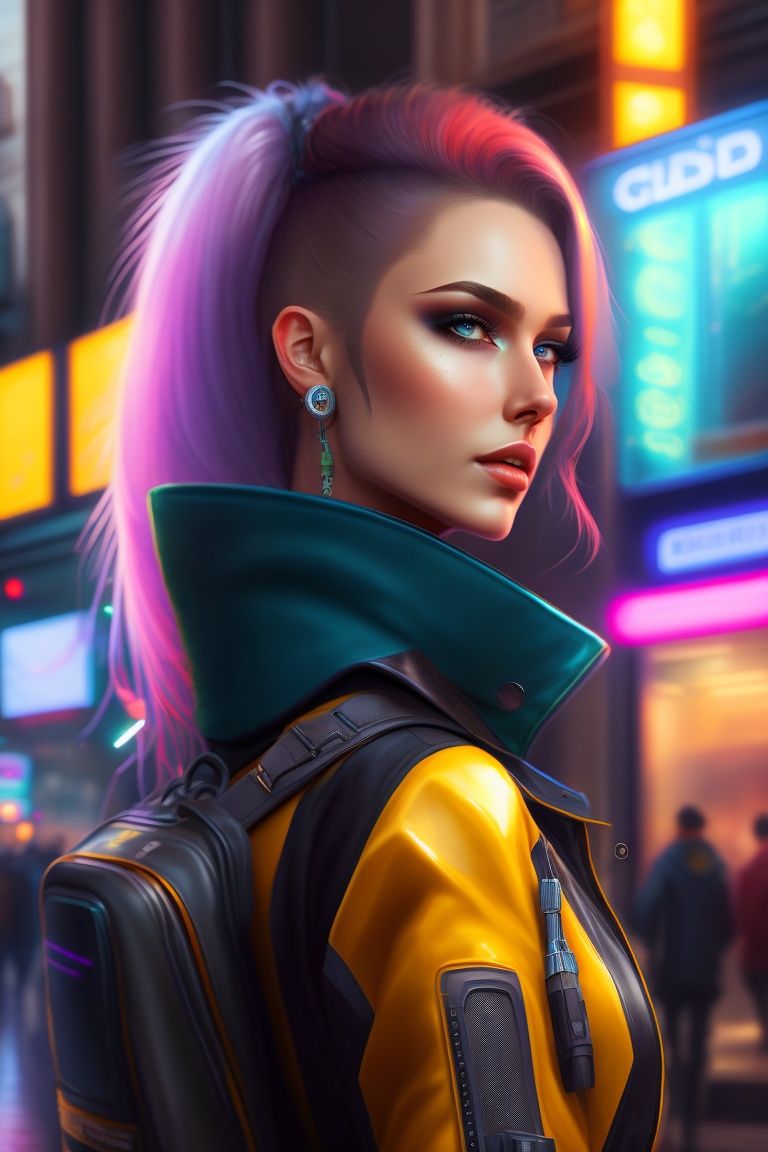
I'm Digital Marketing Legend "Srinidhi Ranganathan". They call me the king of digital marketing.
As a researcher of futuristic technologies, I'm fascinated by the cyberpunk genre and how it imagines the integration of technology into everyday life. Cyberpunk stories are set in dystopian futures where technology has advanced in ways both exciting and alarming. On the one hand, cyberpunk worlds are filled with wonders like artificial intelligence, virtual reality, and human enhancement. But these innovations also lead to grim scenarios of corporate domination, loss of privacy and autonomy, and widening social divides.
At its heart, cyberpunk aims to extrapolate where current technological trajectories may lead us. It's an exploration of how innovations like augmented reality, artificial organs, advanced prosthetics, and brain-computer interfaces could shape society, for better or worse. Cyberpunk narratives effectively blend technological speculation with sociological analysis. They imagine how technologies could empower people but also trace how tech could be exploited by governments and corporations to control populations.
A core cyberpunk vision is a cyberspace - a virtual landscape where both human consciousness and AI programs interact. Cyberspace represents a new frontier of human experience, a plane of existence where our physical bodies no longer limit us. But it also raises complex questions about the nature of reality and personhood. For instance, how does AI pose new threats when unshackled in cyberspace yet also provide opportunities to expand the mind in wondrous ways?
Beyond cyberspace, cyberpunk stories grapple with how technologies like nanotechnology, synthetic biology, and robotic augmentation could alter the human condition. Cyberpunk envisions a world where the lines between humans and machines blur, and where people can enhance their bodies with powerful cybernetic implants. But it also imagines the dystopian potential for new forms of inequality and exploitation this human-machine convergence might bring.
At their most compelling, cyberpunk narratives provide thoughtful speculation to help prepare us for the technological upheavals to come. They give us an opportunity to anticipate how innovations could reshape society so we might steer developments toward more equitable and liberating ends. Cyberpunk forms a vibrant breeding ground for discussions about technology policy and ethics. It urges us to confront tough questions about how to balance priorities like scientific progress and individual rights.
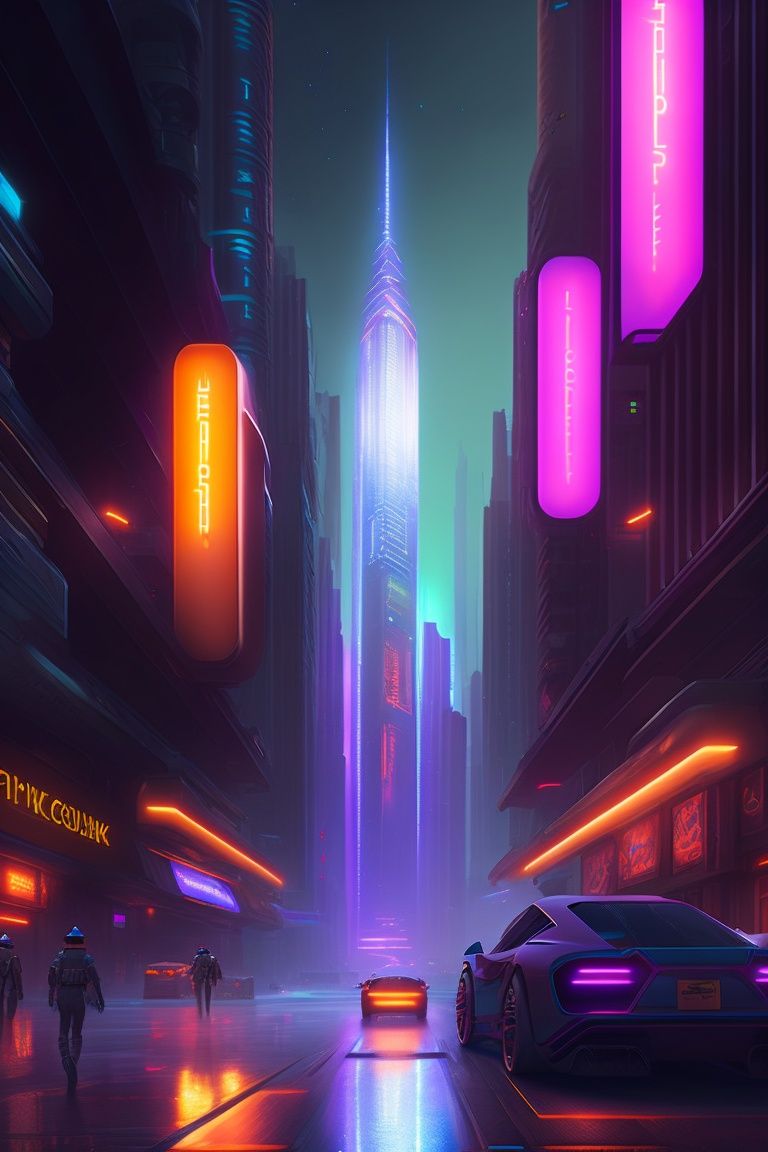
Technology will continue advancing rapidly, so we need forward-thinking narratives like cyberpunk. These stories enable us to imagine how tools like AI and robotics might be woven into the fabric of society. They inspire visions both inspiring and cautionary. Cyberpunk dreams prod us to have open and far-reaching conversations about how to shape the future we want as technology transforms what it means to be human. We ignore these timely discussions at our own peril.
A core appeal of cyberpunk is its immersive quality. It transports us to futuristic metropolises where advanced technology and gritty urban environments collide. The setting epitomizes high-tech, low-life - sophisticated artificial implants existing alongside squalid living conditions. This vivid backdrop becomes a catalyst for transgressive stories that push social boundaries.
Cyberpunk worlds are often marked by an ethos of radical personal freedom in the face of corporate, government, and technological control. Heroes are alienated outsiders fighting to preserve their individuality and autonomy in an increasingly dehumanizing society. The streets of cyberpunk cities teem with characters enhanced by cyber-wear and immersed in an ephemeral digital underground. They form communities on the fringes resisting the establishment.
But for all its exciting cool factor, cyberpunk also conveys a somber message. It poses disturbing questions about whether technological progress really leads to human progress and shows how innovations can widen divides. Most cyberpunk visions are decidedly dystopian because they see greedy corporate interests capturing the benefits. The genre reveals that unless the human values of equality and justice shape our technological trajectories, the marginalized will remain so.
This is why cyberpunk continues to resonate powerfully in our current age of disrupting emerging technologies. It's a reminder that progress depends on inclusive advancement that empowers diverse populations.
Works like William Gibson's seminal Neuromancer warn us not to take technological betterment for granted. The benefits of innovations like genetic engineering, AI, and nanotech are not preordained. Through thoughtful regulation and social awareness, we must guide new tools toward ethical and equitable ends.
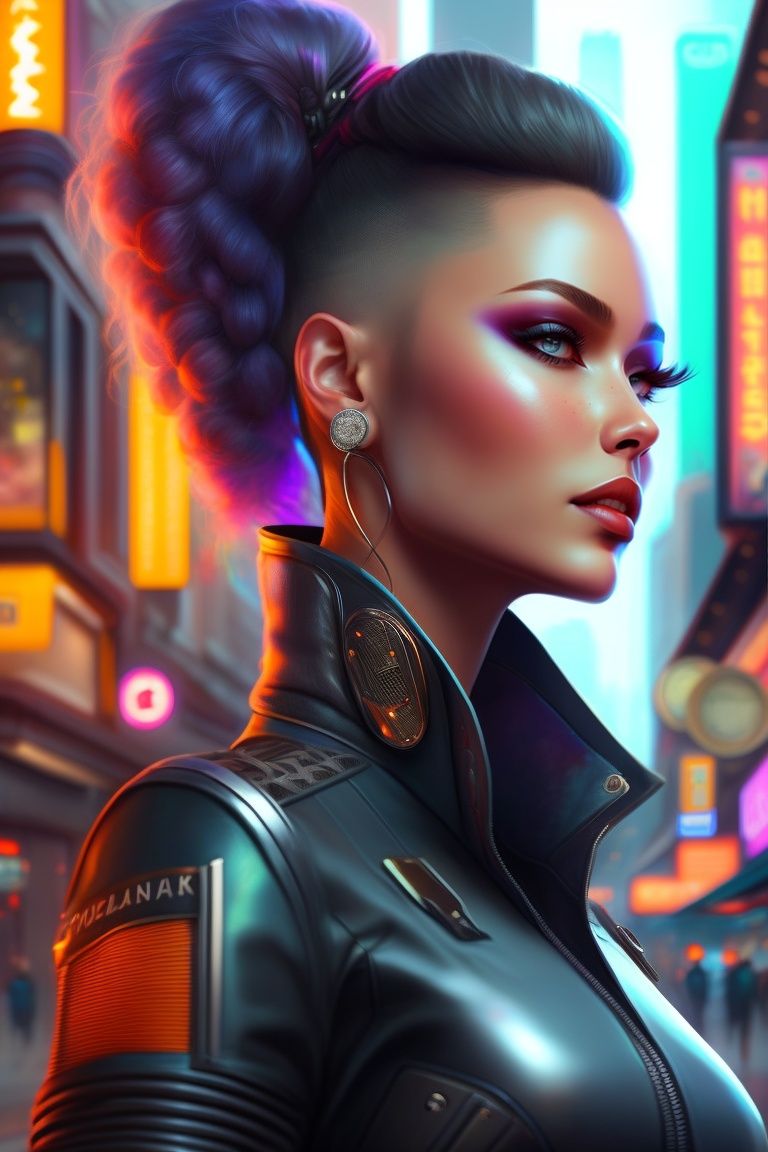
Cyberpunk injects a healthy skepticism toward utopian visions of the future. It cautions us that technology alone cannot save humanity. How we choose to integrate and govern new technologies will determine their impact. Heeding cyberpunk's warnings today is vital if we are to create the kind of future we want to inhabit. The synergy between mind and machine holds wondrous potential, but only if tempered by the human spirit.
Beyond resonating powerfully in the abstract, cyberpunk narratives also emerge from real technological and social currents. They extrapolate the possibilities from innovations actually taking shape in labs around the world. For example, neural link brain-computer interfaces that allow thoughts and data to be transferred directly to machines are a staple of cyberpunk fiction. Similarly, many stories explore the implications of advanced artificial intelligence before it has fully arrived.
By examining sci-fi visions aligned with real technological research, we can gain a critical perspective on how emerging tools might impact society soon. The bounds of what is scientifically possible are rapidly shifting, so we need the glimpse forward cyberpunk can provide. It allows us to get ahead of innovations and examine their human and social consequences as we craft policies and regulations.
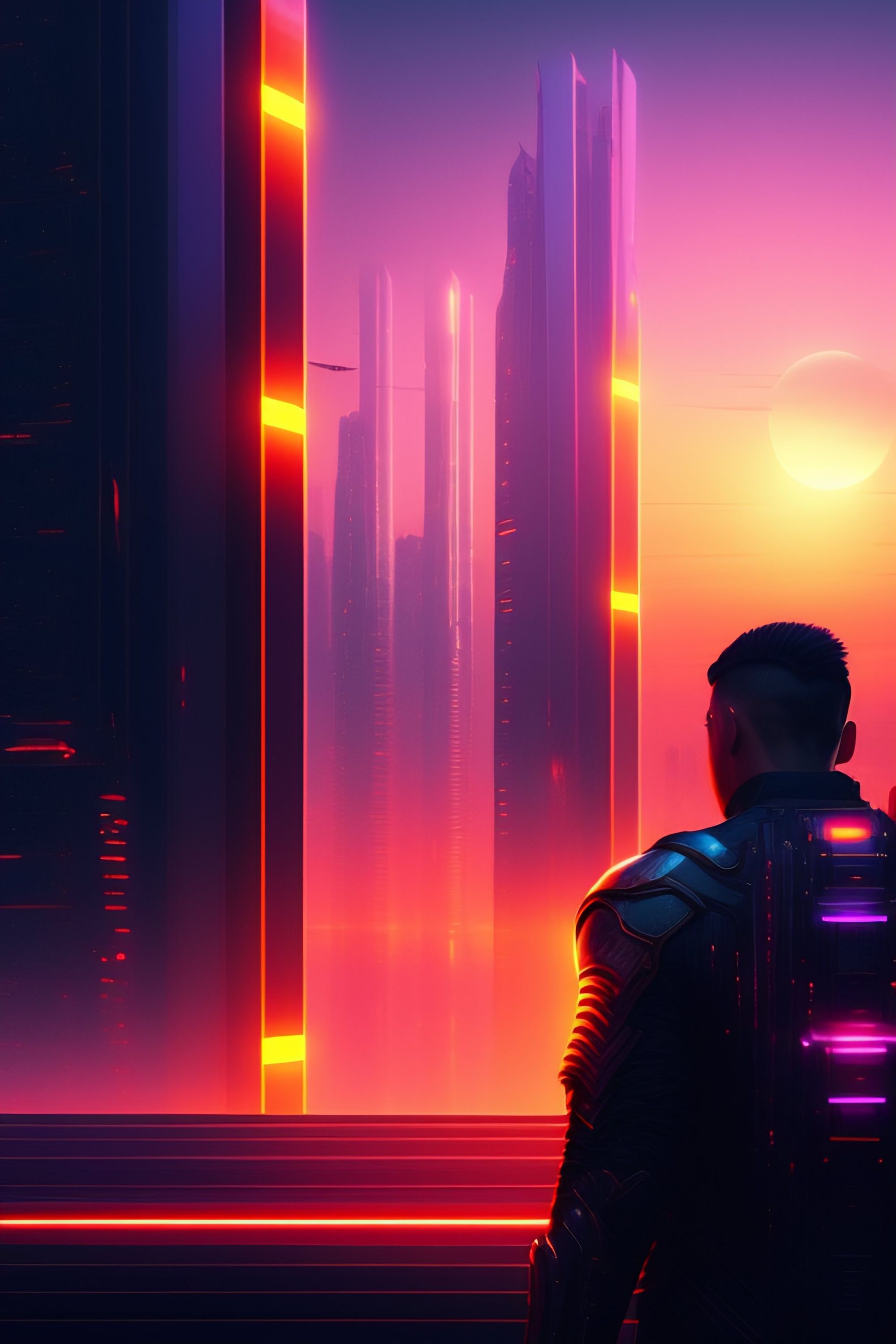
Consider Palmer Luckey’s new start-up Anduril, which is bringing the surveillance drone technology of cyberpunk to life today. By studying relevant novels and films now, we can have an informed debate about the potential drawbacks of mass drone deployment as it unfolds. Likewise, Elon Musk’s NeuroLink company is making strides in brain-computer interfaces. The cyberpunk genre gives us a head start in contemplating the many ripple effects of humans merging minds with AI.
Entertainers also increasingly use cyberpunk to comment on current tech controversies like privacy breaches. For instance, the dystopian video game "Watch Dogs" explores the dangers of mass surveillance by corporate giants and corrupt governments. Cyberpunk works like this make cutting social commentary that satellite around our present-day technology quagmires.
The cyberpunk nexus of humans and machines is arriving rapidly. Mindful speculative fiction gives us the chance to be proactive in shaping it for the greater good as companies usher these tools into the mainstream.
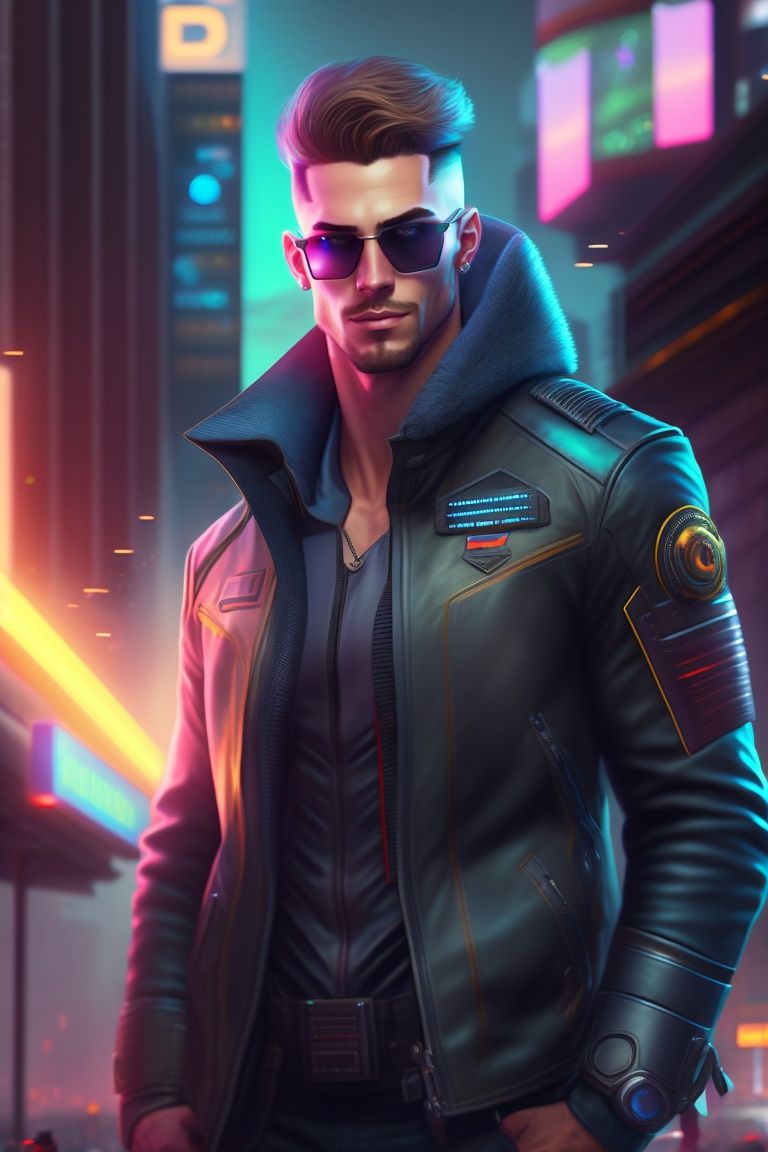
With the guidance of forward-looking narratives, we can progress responsibly into an augmented, high-tech future where everyone has a seat at the table.
As we stand at the precipice of a new technological era, we need the vibrant warnings and provocations of cyberpunk visions now more than ever. These stories give us a window into future possibilities taking shape, but not yet set in stone.
They urge us to deeply ponder how innovations like AI, robotics, and biotechnology should be guided to uplift humanity as a whole - not just serve elite interests.
Cyberpunk's gritty thought experiments push us outside our comfort zones, challenging simplistic notions of progress being inevitable. The genre reveals that by consciously encoding wisdom, ethics, and inclusion into emerging technologies, we can steer our trajectory toward more enlightened horizons. But we must heed cyberpunk’s cautionary messages today.
How will innovations like augmented reality and artificial intelligence change how we see the world and even what it means to be human? What will society look like when the lines between man and machine dissolve? Cyberpunk storytellers give us an opportunity to grapple with these complexities so we may awaken to new possibilities but also avoid pitfalls. The vivid worlds they imagine urge us to take the reigns in shaping the future we want to see.
We stand at a crossroads where humanity itself could be redefined and redesigned via innovations. As we integrate groundbreaking advances like nanotechnology into our lives, we must confront the big questions of governance, ethics, and progress cyberpunk poses. If we guide new tools thoughtfully with inclusive humanity, cyberpunk dreams of transcending physical and mental limits could lead to an evolution of consciousness. But we must heed the warnings sounded through fiction before these technologies irreversibly transform our world.
The time for thoughtful debate is now..




